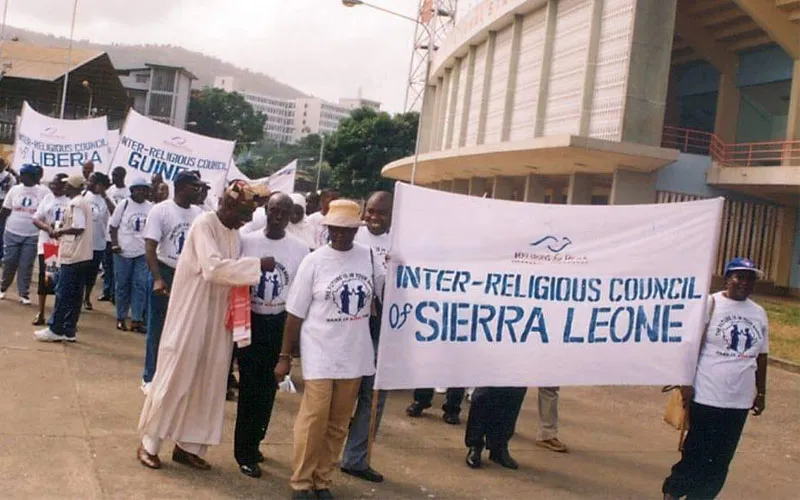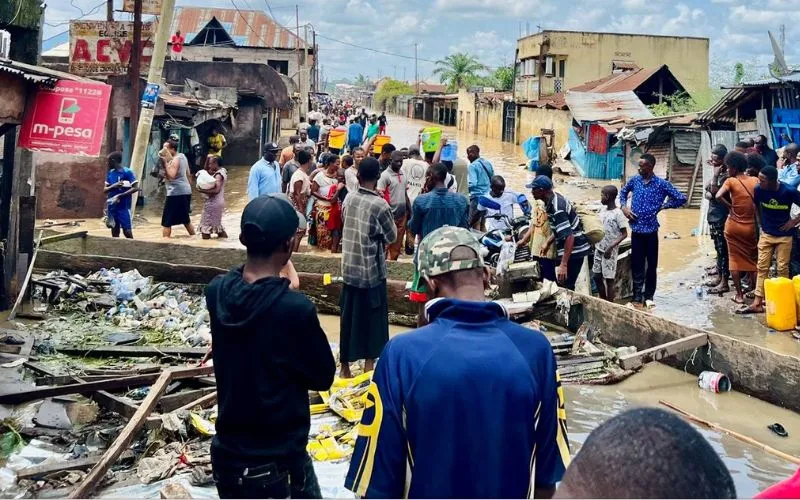The religious leaders say that they are committed to ensuring that Sierra Leone holds peaceful elections through massive voter and civic education programs, encouraging dialogue amongst political stakeholders, and promoting harmony and co-existence amongst different communities in the West African country.
“We will encourage the election Management Bodies to ensure strict adherence to the electoral code of conduct by all political candidates and political parties,” the IRCSL members say, adding that they are also ready to engage the press on responsible and balanced media coverage and reporting on the electoral process.
“We will encourage and monitor political parties and candidates to ensure responsible and mature campaign patterns,” the religious leaders say, and continue, “From the point of the IRCSL, national cohesion is a dynamic process intended to instill in people a strong sense of belonging to the same nation, to encourage all to be engaged in a joint enterprise, and to face common challenges and opportunities.”
The Religious leaders say that sufficient civic education ahead of the Sierra Leonean polls will equip the electorate with a common vision and sense of belonging, patriotism, and appreciation of each other’s regional, and ethnic diversities.
The IRCSL members laud the launch of the country’s peace commission, noting that the move was crucial and significant ahead of elections.
They appeal to the commission to act with faithfulness, humility, and accountability in the execution of their duties.
“The Commission must see her functions to be a sacred responsibility and an exercise of trust. Therefore, IRCSL implores the Executive Secretary, the Board of Directors, and the staff of the commission to respect God’s principles of sincerity, honesty, integrity, and justice in the execution of their responsibilities,” they say.
The faith leaders call on politicians and the various political parties in Sierra Leone to do their part in taming violence before, during, and after the country’s general elections that will see the electorate vote for the President and Members of Parliament for a five-year term.
“Political parties and their candidates should demonstrate the right attitude of respect for the rules of the game, demonstrate political tolerance, denounce hate messages or indecent language, and uphold the important values of faithfulness, humility, accountability, and authentic role models,” the IRCSL members say.
They add, “It is also prudent that we, Religious Leaders, CSOs, and NGOs maintain political self-discipline throughout the electioneering period. Political self-discipline in this context is to maintain neutrality, impartiality, and being non-partisan.”








